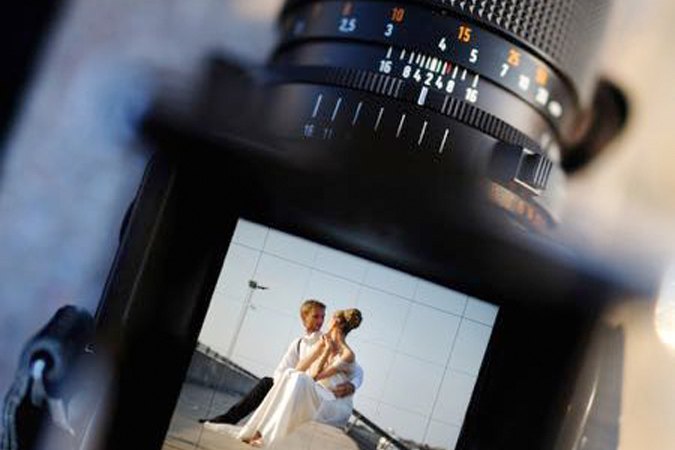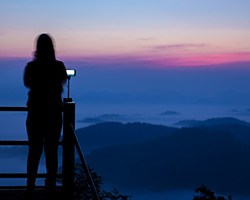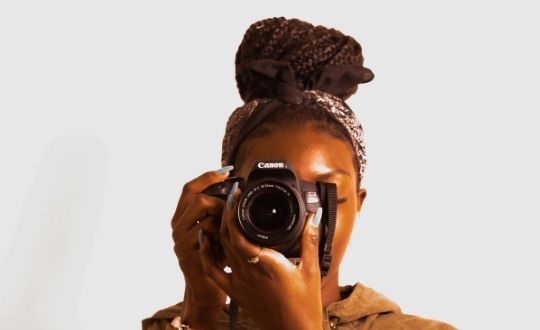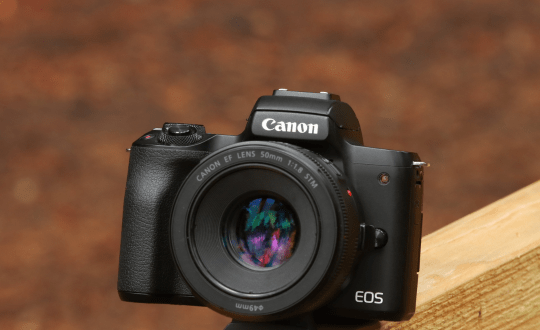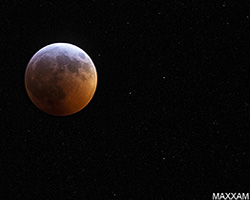In other professions, going to college and obtaining a university degree isn’t something students do for prestige or simply out of a desire to gain experience. It’s something that’s absolutely required, and something they likely cannot legally start working without having done. If you want to become a doctor, medical school isn’t an option- you will literally not be able to work a day in your life unless you’ve fulfilled the proper educational requirements.
It’s no surprise that when it comes to photography, rules like that don’t necessarily apply. Many photographers active in today’s industry debate the importance of formal education when it comes to a person’s ability or inability to call themselves a professional. Since no legal or industry body really “requires” photographers to have received an education, as is the case for other career paths, is a photography education therefore obsolete?
The answer to that question is pretty straightforward. Are you an experienced, highly capable photographer? Could you show someone around the functions and dials on your digital camera (or several other popular models that you might not necessarily own), and be able to explain what all the buttons and dials are capable of doing? Do you know the best times and places to use those functions in order to achieve the most flattering compositional results? If there are holes in your knowledge, its’ really up to you as a photographer to decide whether or not it’s necessary to fill them. If you take nice photos but you don’t know what ISO means, are you still a professional? That’s likely something that many people will have different opinions about. But when do those opinions start to mean something?
If you’re interested in working with clients professionally and charging a substantial amount of money for your work, there are a few things you can do as a professional in order to rationalize those prices. Education is one of the most straightforward options here. Doctors are paid a significantly higher salary than other medical professionals because they went to medical school- after completing 4 years of college and 4 years at medical school, it’s hard to challenge said doctor’s capability and entitlement to generous pay. The same goes for many other professions, photography included. If a potential client tries to argue that your prices should be lower because your portfolio is small, or because you seem to be on the amateur side, it’s hard for them to argue with years of formal education and industry recognized certifications on your resume.
While arguably anyone can technically buy a nice camera, take some pretty shots with it and call themselves a professional, not just anyone can graduate from a photography school, submit photos to an industry-recognized board of professional photographers, and become approved to join as a member. That’s where certification sets you apart.
When it comes to NYIP students, we generally recommend the Professional Photographers of America (PPA). They are the world’s largest non-profit photography association organized by professional photographers. They currently have an international membership of over 29,000 in more than 50 countries. If this sounds like something you’re interested in, consider the benefits of making the investment in yourself, your education and your resume. Learn more about how to get started by clicking here.

